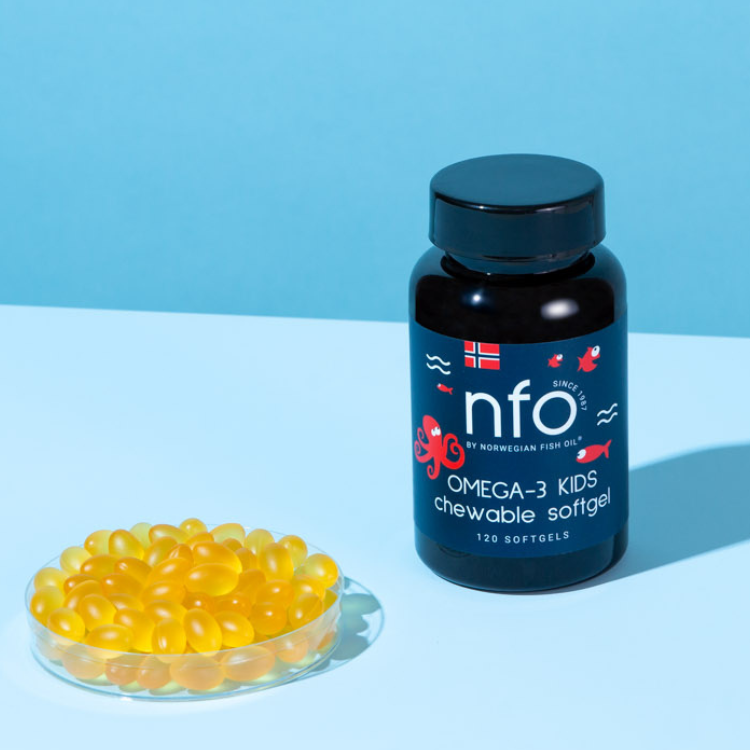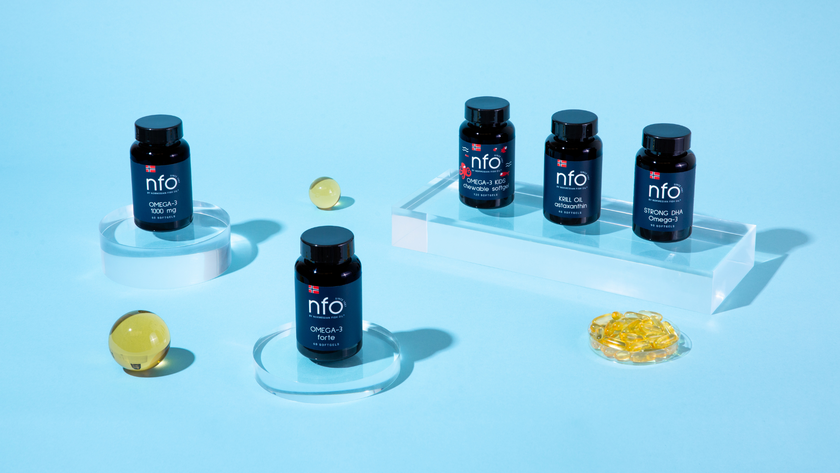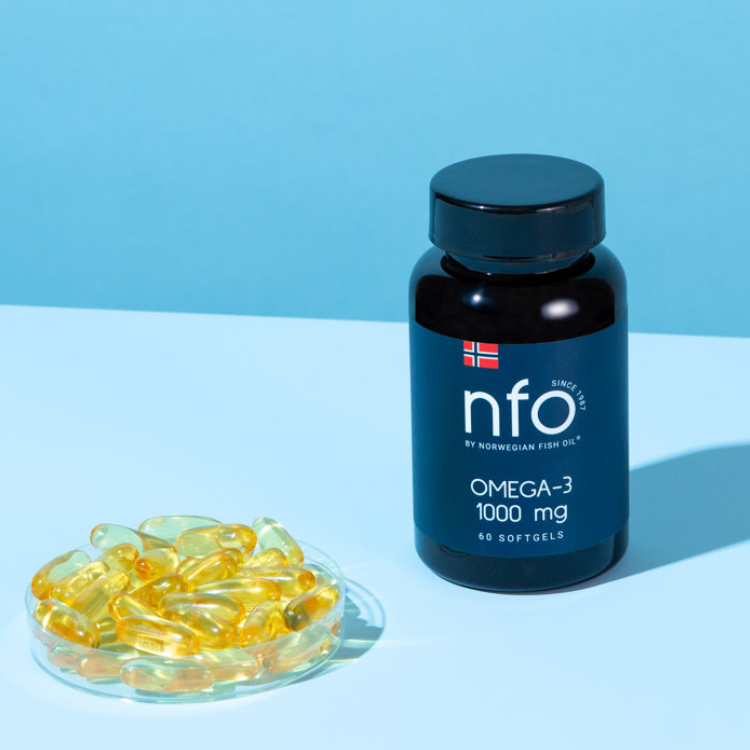Spirulina, a blue-green algae, has been heralded as a superfood due to its rich nutrient profile and numerous health benefits. Its growing popularity as a dietary supplement stems from its potential to support human health in various ways. This article explores seven key benefits of Spirulina, supported by scientific studies and research.
1. Nutrient-Dense Superfood
Spirulina is loaded with essential nutrients, including protein, vitamins, and minerals. According to the U.S. Department of Agriculture (2023), Spirulina is a powerhouse of nutrients such as vitamin B1 (thiamine), iron, and antioxidants. Its protein content is particularly impressive, with all essential amino acids present, making it a complete protein source.
This nutrient density makes Spirulina an ideal supplement for individuals seeking to fill dietary gaps or enhance overall health. The inclusion of bioavailable iron also makes it beneficial for preventing anemia (Apondi Othoo et al., 2021).
2. Boosts Immune Function
The immunomodulatory properties of Spirulina have been well-documented. Finamore et al. (2017) highlighted its ability to enhance the immune response, increase antibody production, and stimulate the activity of natural killer cells. This makes Spirulina a valuable supplement for boosting immunity against infections and illnesses.
Spirulina's high concentration of phycocyanin, a pigment with antioxidant and anti-inflammatory properties, further supports its role in immune health (Grover et al., 2021).
3. Improves Cardiovascular Health
Research indicates that Spirulina can positively impact heart health by improving lipid profiles and reducing blood pressure. Serban et al. (2016) conducted a systematic review that found Spirulina supplementation significantly reduced total cholesterol, LDL (bad cholesterol), and triglyceride levels while increasing HDL (good cholesterol).
Furthermore, Machowiec et al. (2021) demonstrated that Spirulina supplementation could lower both systolic and diastolic blood pressure, likely due to its antioxidant properties and ability to enhance vascular function (de Freitas Brito et al., 2019).
4. Provides Potent Antioxidant and Anti-Inflammatory Effects
Spirulina is rich in antioxidants that combat oxidative stress and inflammation. Its primary antioxidant compound, phycocyanin, neutralizes free radicals and inhibits lipid peroxidation (Wu et al., 2016). This property is particularly beneficial for preventing chronic diseases linked to oxidative stress, such as diabetes, atherosclerosis, and neurodegenerative disorders (Ito et al., 2019).
Naeini et al. (2021) further affirmed Spirulina's role in enhancing the body's antioxidant capacity through systematic reviews of controlled trials.
5. Enhances Exercise Performance and Recovery
Spirulina has shown promise as a supplement for athletes and active individuals. Chaouachi et al. (2022) reported that Spirulina supplementation reduces exercise-induced oxidative stress, inflammation, and muscle damage in elite rugby players. Similarly, Gurney et al. (2020) found that Spirulina improves oxygen uptake and endurance during arm cycling exercises.
The ability of Spirulina to mitigate oxidative damage and promote faster recovery makes it an attractive option for improving athletic performance and overall fitness (Powers et al., 2020).
6. Supports Blood Sugar Regulation
Spirulina’s potential to manage blood sugar levels has been explored in multiple studies. Hatami et al. (2021) conducted a meta-analysis showing significant improvements in fasting blood glucose and HbA1c levels in individuals with type 2 diabetes following Spirulina supplementation. Additionally, Hannah et al. (2020) suggested that Spirulina could enhance insulin secretion and modulate carbohydrate digestion and absorption, further supporting its role in blood sugar regulation.
7. Combats Anemia
Spirulina’s high iron content makes it a potent natural remedy for combating anemia. Apondi Othoo et al. (2021) demonstrated that Spirulina supplementation significantly improved hemoglobin levels in children with iron deficiency anemia. Marlina et al. (2020) also reported comparable effectiveness of Spirulina to traditional iron supplements in addressing anemia among pregnant women in Indonesia.
Spirulina's ability to improve red blood cell production and hemoglobin levels underscores its importance as a nutritional intervention for anemia, especially in populations with high prevalence rates (Chaparro et al., 2019).
Safety and Considerations
While Spirulina offers a multitude of health benefits, it is essential to consider safety aspects. Contaminated or poorly processed Spirulina can contain harmful toxins. Therefore, choosing high-quality, certified products is crucial. Studies such as those by Gogna et al. (2023) have also noted rare toxicological effects, emphasizing the importance of appropriate dosages and quality control.
Conclusion
Spirulina is a versatile and nutrient-rich supplement with profound benefits for overall health and wellness. Its ability to support immune function, cardiovascular health, antioxidant defense, and athletic performance, coupled with its potential to manage blood sugar and anemia, makes it a valuable addition to the modern diet. However, ensuring product quality and consulting healthcare professionals before supplementation is recommended.
References
- Apondi Othoo, D., et al. (2021)
- Chaparro, C.M., et al. (2019)
- Chaouachi, M., et al. (2022)
- de Freitas Brito, A., et al. (2019)
- Fais, G., et al. (2022)
- Finamore, A., et al. (2017)
- Gogna, S., et al. (2023)
- Grover, P., et al. (2021)
- Gurney, T., et al. (2020)
- Hannah, J.M.A., et al. (2020)
- Hatami, E., et al. (2021)
- Machowiec, P., et al. (2021)
- Marlina, D., et al. (2020)
- Naeini, F., et al. (2021)
- Serban, M., et al. (2016)
- U.S. Department of Agriculture, Agricultural Research Service. (2023)
- Wu, Q., et al. (2016)









